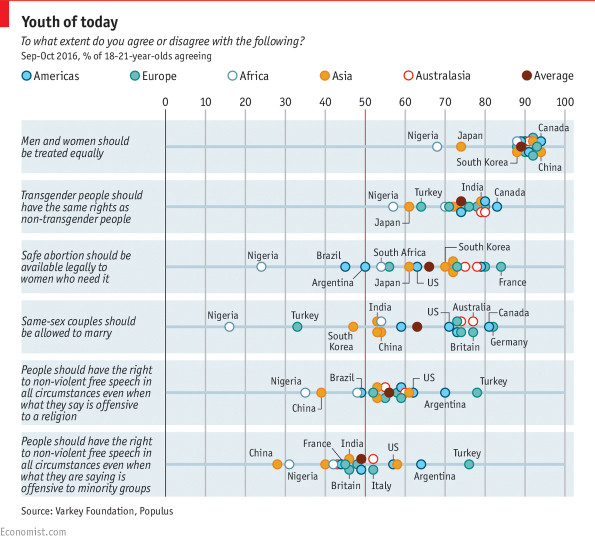A central principle in EU Internet-related legislation is the so-called mere conduit rule.
The IT Law Wiki:
Under the mere conduit principle of the EU E-Commerce Regulations of 2002,[1] network operators have no legal liability for the consequences of traffic delivered via their networks.
Wikipedia:
Who an information society service is provided that consists of the transmission in a communication network of information provided by a recipient of the service, or the provision of access to a communication network, Member States shall ensure that the service provider is not liable for the information transmitted, on condition that the provider: (a) does not initiate the transmission; (b) does not select the receiver of the transmission; and (c) does not select or modify the information contained in the transmission. The acts of transmission and of provision of access include the automatic, intermediate and transient storage of the information transmitted in so far as this takes place for the sole purpose of carrying out the transmission in the communication network, and provided that the information is not stored for any period longer than is reasonably necessary for the transmission.
Today’s Swedish court ruling (and earlier European court rulings) to block The Pirate Bay is in direct conflict with this principle, as stated in the EU eCommerce directive.
The grounds for this seems to be the EU InfoSoc directive. The argument is that mere conduit does not apply when it concerns traffic to sites that do not adhere to notifications to remove content that is deemed illegal, e.g. when it comes to copyright infringements and intellectual property.
But this doesn’t make sense.
You cannot have a rule stating that ISP:s have no legal liability for the consequences of traffic relayed via their networks – unless illegal. That is the same as saying that ISP:s do have legal liability for the consequences of traffic relayed via their networks. And this is the opposite of what is stated in the eCommerce directive.
And even though the ISP in question have not been charged with any criminal offense – it is to be considered liable, as the verdict states that it will have to pay a hefty fine unless blocking The Pirate Bay. (The ISP also had to pay the copyright owners legal fees.)
I would say that we have a clear case of conflicting laws. And as the blocking verdict is only an interpretation of the InfoSoc directive, while the eCommerce directive states a very clear principle – the latter shall apply.
But I´m no lawyer. Reactions, opinions, and feedback are welcome in the comments below.
/ HAX
